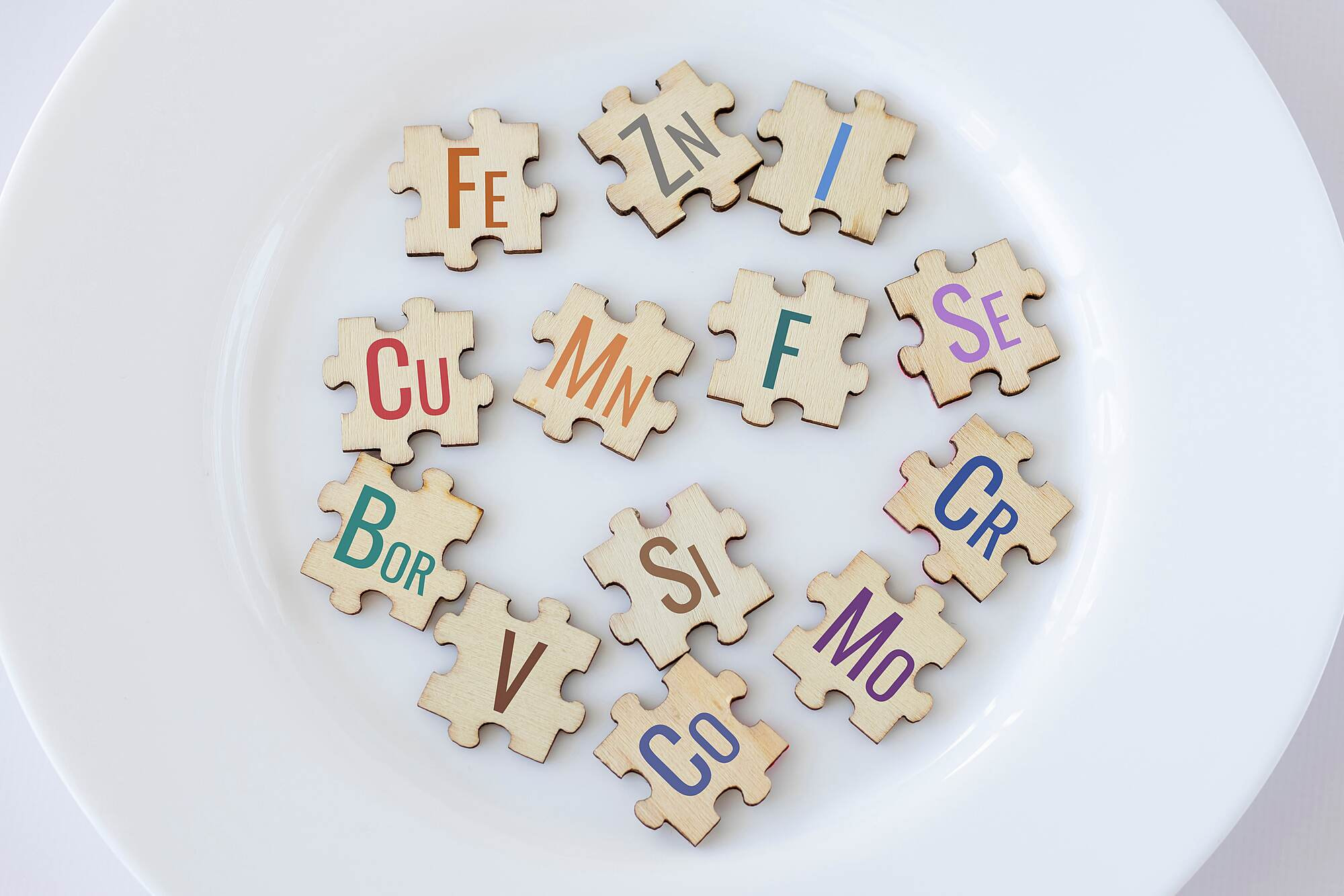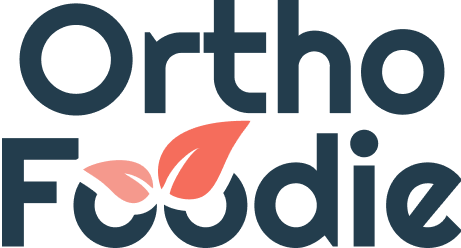
Micronutrients, including essential vitamins and minerals, are vital for maintaining good health and supporting various bodily functions, regardless of the diet you follow. Whether you choose a vegetarian, vegan, paleo, gluten-free, or Mediterranean diet, it’s crucial to pay attention to your micronutrient intake to ensure optimal health. This article explores the role of micronutrients in each of these diets and provides practical tips to help you meet your nutritional needs.
Vegetarian/Vegan Diet
Adopting a vegetarian or vegan diet opens up a world of plant-based foods, offering numerous health benefits. However, these diets may lack certain micronutrients typically found in animal products. Here are some key micronutrients to focus on:
- Vitamin B12: This vitamin is mainly found in animal-based foods, so vegetarians and vegans need to ensure they get enough through fortified foods (such as plant-based milks, breakfast cereals, and nutritional yeast) or supplements. Vitamin B12 is crucial for nerve function and red blood cell production.
- Iron: While plant-based sources of iron (non-heme iron) like legumes, leafy greens, and fortified cereals are available, they are less readily absorbed than the heme iron found in animal products. Pairing iron-rich foods with vitamin C-rich foods, such as citrus fruits or bell peppers, can enhance absorption.
- Omega-3 Fatty Acids: Essential for brain health and reducing inflammation, omega-3 fatty acids are commonly found in fish. Vegans can obtain these through flaxseeds, chia seeds, walnuts, and algae-based supplements.
- Calcium: Important for bone health, calcium is found in dairy products, which are not consumed in a vegan diet. Vegans should focus on fortified plant milks, tofu, almonds, and green leafy vegetables like kale and broccoli to meet their calcium needs.
- Zinc and Iodine: Zinc is vital for immune function and wound healing and can be sourced from legumes, nuts, seeds, and whole grains. Iodine, necessary for thyroid health, can be consumed through iodized salt or sea vegetables like seaweed.
Paleo Diet
The Paleo Diet emphasizes whole, unprocessed foods that mimic the diet of our Paleolithic ancestors. While this diet is rich in proteins and healthy fats, there are certain micronutrient considerations to keep in mind:
- B Vitamins (Thiamine, Riboflavin, Niacin): Excluding grains and legumes may result in lower intake of these B vitamins. Ensure adequate intake by consuming a variety of meats, fish, eggs, and vegetables.
- Magnesium: With limited grains and legumes, individuals on the Paleo Diet may risk low magnesium levels. Nuts, seeds, dark chocolate, and leafy greens are good sources to incorporate.
- Iodine: The exclusion of iodized salt and certain processed foods might reduce iodine intake. Incorporate seafood like fish and shellfish or use iodized salt to maintain adequate iodine levels.
The Paleo Diet encourages a high intake of fruits and vegetables, providing antioxidants and a wide range of micronutrients. Including a variety of colorful produce can help ensure a well-rounded intake of essential vitamins and minerals.
Gluten-Free Diet
For those with celiac disease or gluten sensitivity, following a gluten-free diet is essential to avoid adverse reactions to gluten found in wheat, barley, and rye. However, removing gluten-containing grains can impact micronutrient intake:
- Fiber: Whole grains are a primary source of fiber. On a gluten-free diet, focus on fiber-rich alternatives such as quinoa, brown rice, and certified gluten-free oats to maintain digestive health.
- Calcium: If dairy is also excluded due to lactose intolerance or other reasons, it’s important to find alternative calcium sources. Fortified plant-based milks (like almond or soy milk) and leafy greens like kale and collard greens are good options.
- B Vitamins (Thiamine, Riboflavin, Niacin, Folate): Many enriched wheat products are fortified with B vitamins. On a gluten-free diet, these can be found in gluten-free grains, eggs, dairy (if tolerated), legumes, and fortified gluten-free products.
With careful planning and a focus on diverse, nutrient-rich foods, a gluten-free diet can provide all the necessary nutrients for good health.
Mediterranean Diet
The Mediterranean Diet, inspired by the eating habits of people in Mediterranean countries, emphasizes whole grains, fresh fruits and vegetables, legumes, nuts, seeds, and healthy fats like olive oil. It also includes moderate consumption of fish, poultry, and dairy, with limited red meat and sweets.
- Omega-3 Fatty Acids: Found in fish like salmon, sardines, and mackerel, omega-3s are crucial for heart health and cognitive function.
- Vitamins and Minerals: The Mediterranean Diet is rich in antioxidants, vitamins, and minerals due to its high content of fresh produce and whole grains. Folate, magnesium, potassium, and vitamin C are abundant in this diet, supporting overall health and well-being.
- Vitamin D and Iron: Individuals following the Mediterranean Diet should ensure adequate vitamin D, especially if living in areas with limited sunlight. Lean meats, legumes, and leafy greens provide iron, and consuming them with vitamin C-rich foods can enhance absorption.
The Mediterranean Diet is well-balanced and offers a comprehensive range of nutrients, making it a heart-healthy choice for many.
No matter which diet you choose—vegetarian, vegan, paleo, gluten-free, or Mediterranean—being mindful of your micronutrient intake is crucial for maintaining overall health. Incorporating a variety of nutrient-dense foods and considering supplementation when necessary can help you fully enjoy the health benefits of your chosen dietary pattern. Always consult with a healthcare professional or registered dietitian to tailor your diet to your specific needs and ensure it supports your long-term health goals.
Source Links

